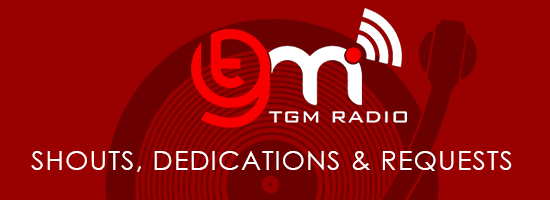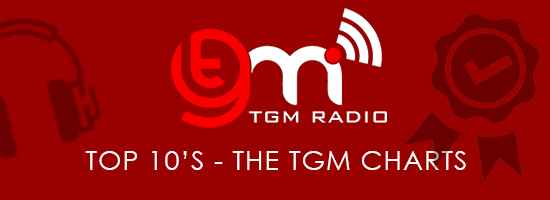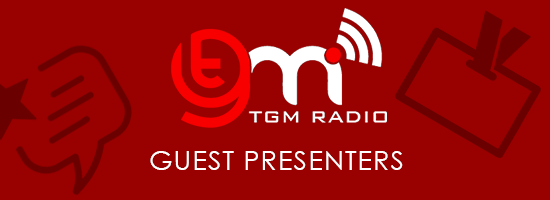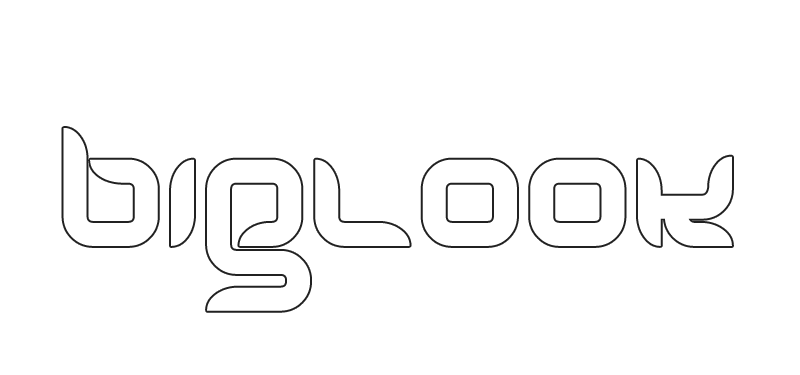Black Lives In Music launches new bullying and harassment survey
April 18th, 2024Black Lives In Music has launched a new survey to tackle bullying and harassment in the music industry, with backing from Nova Twins, V V Brown and more.
Founded in 2021, the organisation seeks to address racial inequality in music and create opportunities for Black, Asian and ethnically diverse artists and professionals.
BLIM published its ‘Being Black in the Music Industry’ report that year, revealing that 86 per cent of Black musicians said there were barriers to progression in their careers. Additionally, it showed that 63 per cent of Black music creators had experienced direct or indirect racism in the music industry, rising to 71 per cent for racial microaggressions.
Today (April 18), BLIM has shared details of its ‘YourSafetyYourSay’ survey on bullying and harassment in the music industry in response to the Parliamentary ‘Misogyny In Music’ inquiry.
It is calling on music professionals across the UK to participate in “ground-breaking research” in a bid to “eradicate bullying and harassment” from the industry.
“After becoming aware of shocking abuse, BLIM will use the anonymous survey to collect real-world data. This will inform legislation and the work of the new Creative Industries Independent Standards Authority (CIISA) and the wider music industry,” a press release reads.
“It will also be used to support BLIM’s forthcoming Anti Racist Code of Conduct and reporting tool, which will work towards eradicating discrimination, bullying and harassment throughout the music ecosystem.”
The Department of Culture, Media and Sport (DCMS) has also requested the data to inform its work in this area. You can fill in the survey here.
Showing their support for the survey, Nova Twins said: “We have to acknowledge the barriers faced by POC talent within the music industry. Far too often, Black musicians and industry professionals encounter bullying and harassment, stifling their voices and existence. Discriminatory labels limit our creativity and opportunities, hindering our ability to thrive.
“Hearing from other artists like us with very similar experiences, both independent and on majors, has been eye-opening. These hurdles, and plenty more like them, could’ve easily held us back from reaching our full potential. It’s a story too many of us share. That’s why the ‘YourSafetyYourSay’ survey is a vital step towards amplifying marginalised voices, uncovering untold stories that need to be heard.”
The duo continued: “We were often told that Black women shouldn’t make the music we were making because there was supposedly no market for it. We’d be pushed to fit into stereotypes, saying we should go more hip-hop or R&B. It wasn’t just the labels; even punk/Riot Grrrl publications excluded us from event coverage, which felt telling considering we were often the only POC artists on the bill.
“Our music and performance styles were labelled as too intense or aggressive. Yet, the same energy from white male counterparts would be praised as ‘rock and roll’. At shows, our position as musicians was frequently undermined, with people post-show assuming we were backup dancers, rather than the rock act just performing on stage.”
V V Brown explained: “The ‘YourSafetyYourSay’ survey, is needed to help eradicate discrimination, bullying and harassment in the music industry, especially towards Black and POC individuals, and to have somewhere to report these incidents. This is such important work, and I fully support Black Lives In Music’s valiant work, and urge those comfortable to share their stories.
“As a Black woman, I often felt silenced and excluded, labelled as aggressive or aloof. Bullying ranged from isolation to daily emails with derogatory language. Even in high-profile fashion settings, I felt marginalised, as if I didn’t belong. I faced a barrage of racist comments online… enduring over a million comments, leaving me feeling deeply unsafe.”
She added: “The most hurtful bullying I experienced came from left-wing liberals who professed to support equality but hindered Black individuals’ opportunities. One of the most painful incidents was when a prominent DJ on national radio mocked my appearance with a caller. I cried for days… even though it marked my first radio play.”
Brown concluded: “The expectation to internalise and tolerate [bullying in the workplace] was pervasive. There was a constant fear that expressing my pain would lead to being labelled as overly sensitive or even being blamed as the aggressor.”
Kamille said: “From the beginning of my journey in the music industry, I’ve faced so many barriers… I realised very early on that we (Black women in music) are labelled negatively when we defend ourselves against bullying.
“We’re often judged beyond our talents, and even sometimes exploited in ways that can gaslight us into accepting harassment online via social media, in the form of constructive criticism.”
She added: “But it’s not ok, and I think it’s important to speak up against bullying in any form. I really want to use my platform to promote a safe supportive space for all types of Black artists.”
Dame Heather Rabbatts, Chair, Time’s Up UK, said: “This ground-breaking research marks the start of an essential journey to stamp out bullying and harassment in the UK music industry. Please do spread the word.”
Tom Kiehl, Interim Chief Executive, UK Music, explained: “The music industry needs to be a safe, welcoming and creative place to work – away from fear of harassment, bullying and discrimination. Sadly this is not always everyone’s experience.
“We need a better understanding as to why this is the case and the results of the bullying and harassment survey will be crucial in that regard. We must foster an environment within our sector where people can raise complaints without fear of recrimination or any adverse impact on their careers.”
Charisse Beaumont, Chief Executive of BLIM, said: “We are flooded with stories from people who have experienced bullying and (sexual) harassment in the music industry. They are shocking and it’s clear that high-profile cases in the media are the tip of an iceberg. It can happen to anyone and it is often rooted in misogyny, racism, homophobia, transphobia and more.
“Bullying and harassment is normalised in the music industry, as shown by the Misogyny In Music Inquiry. To turn the Inquiry findings into action, we need the information. The data, especially from underrepresented groups, just doesn’t exist.
“The bullying and harassment survey will be a comprehensive survey to capture everyone’s voices, especially those rarely heard. We need to understand what is really going on behind closed doors so we can tailor interventions.”
Beaumont concluded: “It’s time to double up our efforts against bullying, (sexual) harassment and discrimination. Black Lives in Music is fighting to ensure equality is standard in the music industry. Together, we can create a safe music industry where everyone thrives.”
The ‘Misogyny In Music’ report described the industry as a “boys’ club” where sexual harassment and abuse is common, and the non-reporting of such incidents is high. Victims who do speak out struggle to be believed or may find their career ends as a consequence, it claimed.
The likes of Annie Mac and Self Esteem were among those who spoke out about the findings earlier this year. “Equality is a long way away, but this is hopeful in the sense that it’s in the zeitgeist,” said the latter.
Black Lives In Music gave evidence for the ‘Misogyny In Music’ inquiry and has identified a need for the ‘YourSafetyYourSay’ survey. It notes:
● The survey is for all people in all groups, in particular more data is needed around race/ethnicity, disability, sexuality and gender-protected groups
● Bullying and harassment is abuse of power and can be rooted in prejudices such as misogyny, racism, homophobia and more and BLIM would like to bring a voice to this
● The research is being led by researcher and data analyst, Sania Haq – Bye2Stereotypes.com. BLiM have also partnered with Opinium Research who will analyse the data and assist in writing the report
● In the development of this research, BLiM has worked with researchers, psychotherapists, gender activists, the BLiM Taskforce and a number of additional key stakeholders.
You can find more information about Black Lives In Music’s work here.
Last year saw V V Brown explore what it means to be ‘Black British’ on a single from her fourth studio album, ‘Am I British Yet?’
“Everything about this album, whether it be the artwork, the lyrics, the production or the visuals, is about starting sociological conversations,” she said in a statement about the record.
The duo wrote an open letter to the MOBO Awards the previous year asking them to introduce a Rock/Alternative category in order to “widen the representation that ourselves and so many others didn’t have growing up”.
Disclaimer/Note: TGM Radio’s latest news posts are a collection of curated and aggregated, fresh content from the best news sources across the globe.





